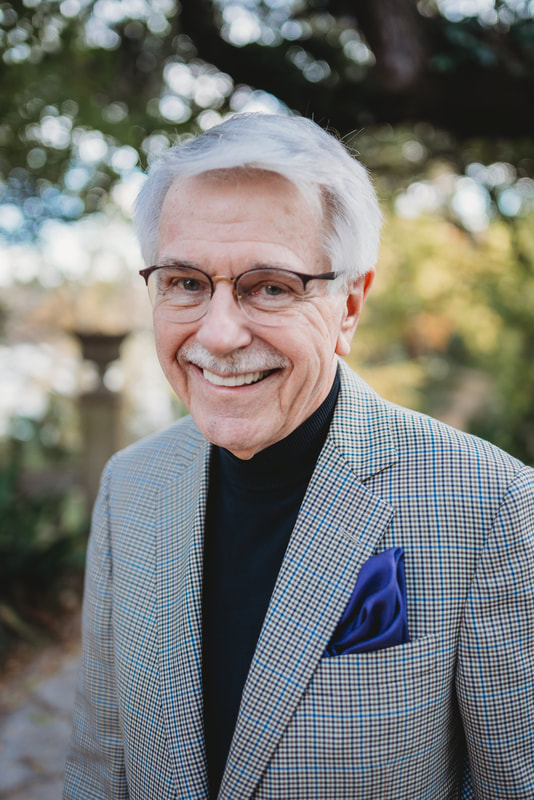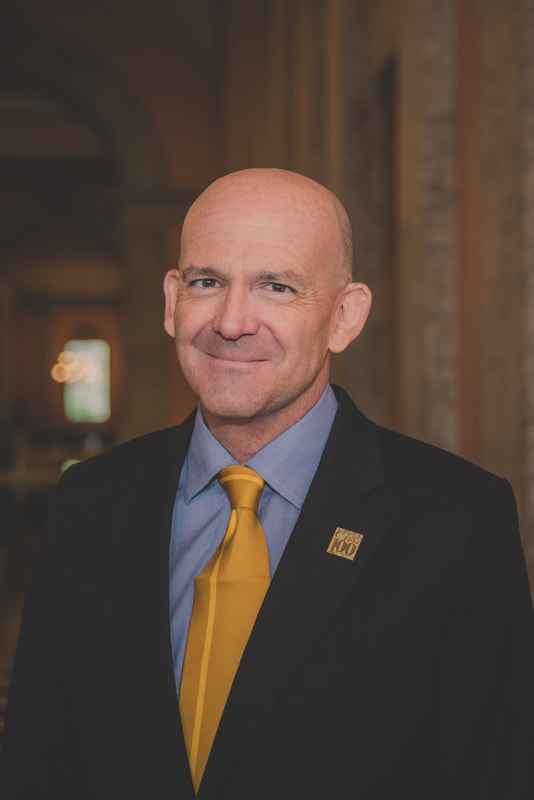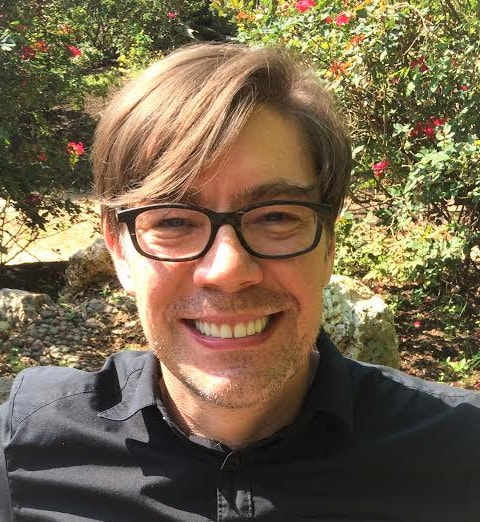3rd edition available as an e-book or hardcopy
Hardcopy ISBN: 978-1-5249-7005-5 E-book ISBN: 978-1-5249-8629-2 Kendall Hunt Publishing website Purchase the book |
Lying and Deception in Human Interaction - 3rd Edition
The emergence of social media, the digital revolution, and today’s political climate have all brought renewed attention to deception as a human communication phenomenon.
Lying and Deception in Human Interaction presents deception from a variety of perspectives. The text primarily focuses on the communication process while blending in concepts and references that touch on many important areas of study across the humanities and social sciences.
Classroom tested and proven by thousands of students, the NEW third edition of Lying and Deception in Human Interaction:
Knapp and colleagues offer a masterfully comprehensive, organized, and engaging text fitting for anyone interested in the topic of human deception. Students respond positively to the book's writing style, contemporary examples, and application to the real world. Lying and Deception in Human Interaction is an absolute must-have for courses addressing the topic of lying and deception in human behavior.
Tony Docan-Morgan, Professor of Communication Studies at the University of Wisconsin-La Crosse, & Editor of The Palgrave Handbook of Deceptive Communication
Lying and Deception in Human Interaction presents deception from a variety of perspectives. The text primarily focuses on the communication process while blending in concepts and references that touch on many important areas of study across the humanities and social sciences.
Classroom tested and proven by thousands of students, the NEW third edition of Lying and Deception in Human Interaction:
- Is contemporary! New references, examples, journal article links, and QR codes to real-life examples promote further discovery, learning, and retention.
- Analyzes various manifestations of deceptive behavior. It illustrates how human deception is just another manifestation of a process that all living organisms on the planet practice, a chapter on self-deception, and the deception of others.
- Features a dedicated section on lie detection. The text examines how human observation, machines, tests, drugs and other aids improve lie detection accuracy.
- Presents how political leadership, journalism, writing history, memories, resumes, and the rapidly-changing world of visual deception can deceive masses.
- Is practical! Knowledge of lying and deception provides students with cognitive and perceptual skills to better deal with con artists, internet scams, and hoaxes.
Knapp and colleagues offer a masterfully comprehensive, organized, and engaging text fitting for anyone interested in the topic of human deception. Students respond positively to the book's writing style, contemporary examples, and application to the real world. Lying and Deception in Human Interaction is an absolute must-have for courses addressing the topic of lying and deception in human behavior.
Tony Docan-Morgan, Professor of Communication Studies at the University of Wisconsin-La Crosse, & Editor of The Palgrave Handbook of Deceptive Communication
About the Authors
|
Mark L. Knapp (PhD, Pennsylvania State University) is the Jesse H. Jones Centennial Professor Emeritus in Communication and Distinguished Teaching Professor Emeritus at The University of Texas at Austin. He co-edited the Handbook of Interpersonal Communication and The Interplay of Truth and Deception. In addition to authoring and then co-authoring Lying and Deception in Human Interaction, he co-authored Nonverbal Communication in Human Interaction and Interpersonal Communication in Human Relationships. He is past president and fellow of the International Communication Association and past president and distinguished scholar of the National Communication Association.
|
|
William J. Earnest (PhD, The University of Texas at Austin) is Assistant Professor of Communication at St. Edward’s University in Austin. In graduate school at UT-Austin, he was Mark Knapp’s teaching assistant when Lying and Deception was first taught as an undergraduate course (circa 1998). He is the author of Kendall Hunt’s Save Our Slides: Presentation Design That Works, now in its fourth edition. He has taught the Lying and Deception course every year since joining the faculty of St. Edward’s University in 2005. He is a former lecturer in business communication at the McCombs School of Business at The University of Texas. Before beginning his academic career, he was a business analyst, technical writer, and trainer for Electronic Data Systems in Atlanta.
|
|
Darrin J. Griffin (PhD, University at Buffalo-SUNY) is Associate Professor in the Department of Communication Studies at The University of Alabama. He has published a chapter in the Palgrave Macmillan Handbook on Deceptive Communication that explores cultural influences on truth-telling and dishonesty. A child of Deaf adults, he is bilingual and bicultural and passionately advocates with Deaf communities for improved communication in a wide variety of public and professional settings. During his doctoral studies he served as a research assistant at the FBI’s Training Academy in Quantico, Virginia and the Buffalo, New York field office. While there, he studied how deception detection is implemented in real-world law enforcement contexts. Most recently, Darrin served as the department chair for the Department of Communication Studies at The University of Alabama, where has been a faculty member for 10 years.
|
|
Matthew S. McGlone (PhD, Princeton University) is Professor of Communication Studies at The University of Texas at Austin (UT). His research and teaching focus on deception, persuasion, and stereotyping in human interaction. He co-edited The Interplay of Truth and Deception and Work Pressures. He is Associate Director of UT’s Center for Health Communication and Program Director for UT in New York. He previously served as chair of the National Communication Association’s Communication and Social Cognition Division. He directs research at UT’s Center for Identity, focusing on the deceptive tactics of identity thieves; his research is the basis for developing widely accepted best practices when it comes to educating consumers and businesses about protecting themselves.
|





